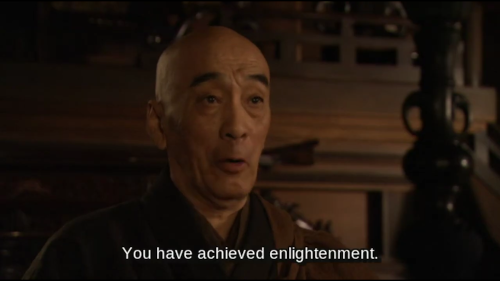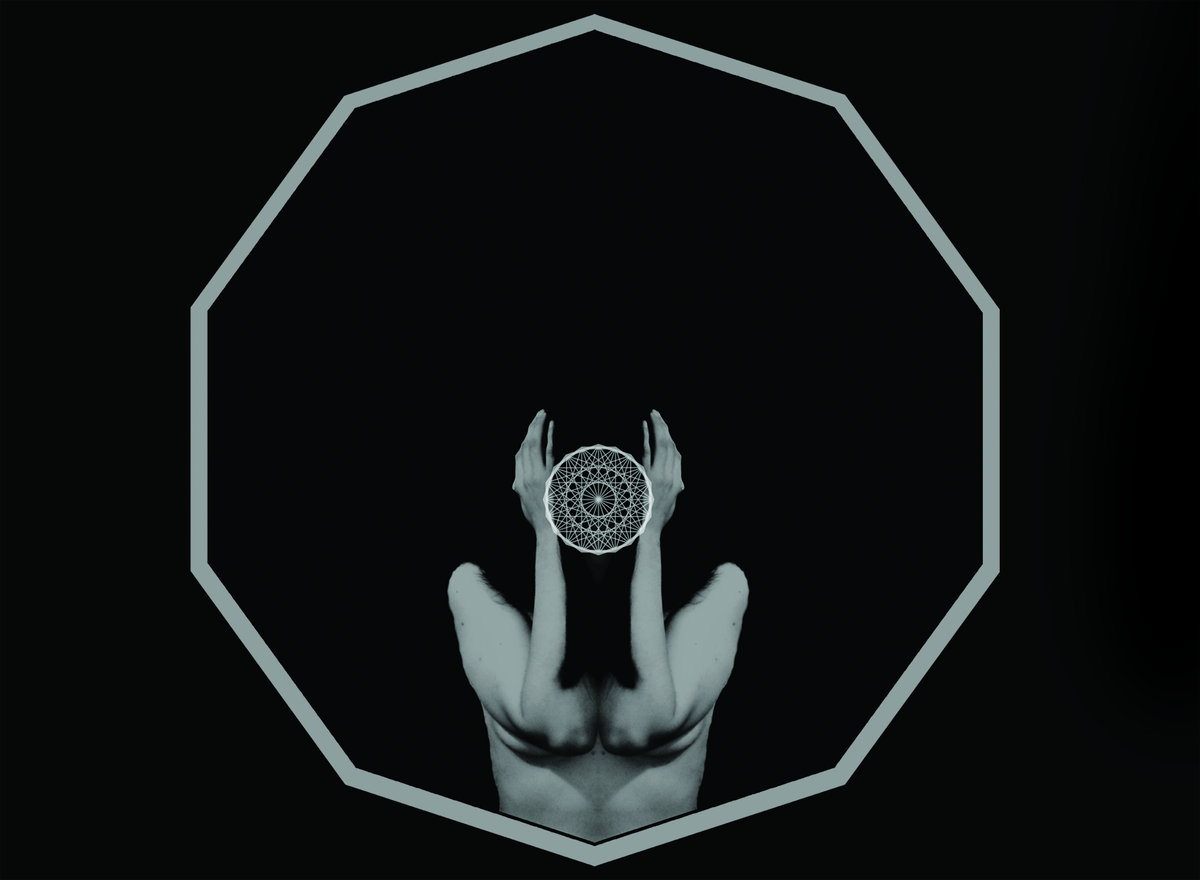It’s hard to find people who do. There isn’t a meditation community here so I made one ( !meditation@leminal.space )
Meditation is pretty great.
thanks
Just crossposted this for your community’s first post.
Out of genuine curiosity, how do you meditate properly and what are the benefits?
Basically just focus on staying present and not letting yourself get carried away by your internal monologue. It’s infinitely harder than it sounds. You can close your eyes, focus on a specific spot in a room, focus on your breathing, anything to keep yourself present and focused. Keep your mind empty as best you can.
The best advice I ever got was, when you have an intrusive thought during meditation, to acknowledge it, and let it fade away. Don’t focus on it or criticize yourself for it, as that will usually only make it harder to refocus yourself.
Meditation is super helpful for a lot of reasons, but for me personally it helped a lot with negative thinking and mental traps (like catastrophizing and stuff). It helps you to be more aware of when you’re getting carried away by thoughts, and how to push them aside and be present.
Look into mindfulness if you’re interested, it’s helped me a lot.
A good saying I’ve ran into before, “If your monkey-mind gets distracted 1 million times, you just need to refocus 1million +1 times”. Meaning no matter how many times you get distracted you just gotta refocus 1 more time so you’ll always eventually win if you keep at it.
That is a large question.
Meditation is the art of controlling and cultivating your awareness. And by awareness I mean what you direct when you pay attention, what you concentrate when you concentrate and what gets jerked around when you are distracted.
We basically have 2 techniques. Briefly.
The first technique is “concentration” (it goes by different names). Hold your awareness upon a thing as perfectly as you can for a while. One good thing for this is the feeling of breath in the tip of your nose.
The second technique is “vipassana” (it also goes by different names). Watch all these experiences that you are having right now. All the sights, sounds, thoughts, etc. Watch all that and also watch your awareness. When you feel like you are about to react to all that by directing your awareness at this or that, to concentrate, to think, to enter a daydream, don’t do it. Just refrain from doing anything like that. Just keep watching and keep your cool.
The first technique is dead easy, just takes perseverance. Pays off fast. Shows you what we’re dealing with, with this “awareness” thing. It’s educational that way. We generally get good at the first technique then try the second technique (which is trickier). The first technique can also be used as prep for the second technique. It works very well for that. Makes it stronger.
Meditation makes you smarter, it gives you energy, it opens doors and windows that you didn’t even know were there. And there’s a lot there. It gets you high too.
(Ok, specifically : Concentration improves your ability to concentrate. Improves your memory. Makes it easier to get things done. Makes your thinking sharper. Makes your willpower more powerful. Pumps up various crafty powers like art and software dev. And as for vipassana. It makes you happier. You start lucid dreaming. You become better with people. You become more aware. Your reality gets bigger.)
There’s a lot of different ways to meditate, and things to meditate on. The most common is mindfulness and essentially boils down to observing and paying attention to everything your consiousness has available. Sounds, smells, sensations, etc. After a while your mind internally kinda shuts up, you get relaxed, stress levels drop, you notice things you hadn’t before. Long term your telomeres get longer (bits of sacrifical DNA that protect your actual DNA). Anxiety drops, inflammation drops, depression drops, you end up more in control of your emations, more rational, better attention span, more self aware, less lonely somehow, improves sleep. And that’s just what science has found so far
You can also meditate on other things, like some forms are based on focussing on love and positive feelings, manifesting them at will, feeling them strongly, essentially feeling your love for everyone.
You can also do things like explore your consciousness, like observing where thoughts come from, how they are formed, what the inside of your mind “looks like”
The benefit, for me, is that it’s like stuffing a piggy bank full of calmness. Later, when I need some calmness, I can reach in and grab it via the meditative practice.
I learned with calm.com
They have a course of mediation for beginners or something like that and they “teach” different methods so you can choose whichever suits you the most
There used to be a 3-month trial which is enough to go through the course (I didn’t keep my subscription), I’m not sure if they still offer trials like that
I’d like to recommend two books:
- Being Peace by Thich Nhat Hanh (and/or Peace is Every Step and/or No Mud, No Lotus)
- Getting to Where You Are by Steven Harrison
The closest thing I do to this is take naps, though I take a lot.
Aye. It helps with my anxiety, can be an excellent escape and provide a different frame of reference on things, is a way I deal with extreme pain, and overall just enhances quality of life.
Highly recommended.
The moment I start to think about meditating, my mind explodes with alternative ideas until I forget. In fact it’s so efficient at not meditating, that even though I have time and space set aside for it daily on my calendar, some subprocess in my brain still often subverts the whole thing. It’s a scary place before I get there.
But I have never once completed a meditation that I regretted. Even the meditations that are difficult to get through - usually because my mind is really jumpy - still feel like a nice piece of self care at the end.
I think the more routine the practice, the easier it is to start and better your mind becomes at focusing on your breath without allowing all the various stressors of the moment take control. And that is a powerful muscle to build up.
I was once told that it isn’t about making your mind blank, it’s about acknowledging the thought that rolls into your mind, and then letting it go. The idea being to train yourself to let trains of thought go. When I’m being a huge dick to myself with my inner monologue I can sometimes remember “oh yeah! I can just not think about this” and then I’ll let my mind go elsewhere.
Thanks for the tip
Yeah, every morning for the past 2 years. It’s part of my morning routine and I wouldn’t skip it for anything. It’s only 10min and it’s been really transformative.
In the drive through line
I don’t meditate as a regular practice, but I do try to catch myself if my brain’s getting extra buzzy so I can stop and try to centre myself again. I have ADHD, so it can be difficult.
So far as I understand it, meditation isn’t literally emptying your mind, but trying hard to focus on one thing, then coming back to it when you realise you’ve slipped away. On that basis, I might do it for a few minutes a couple of times a week. Any longer than a few minutes and I get sleepy.
I want to, but I always get lost in the past and end up shouting a curse word and getting flustered 😂
I do, but not as frequently as I used to. I think it is helpful though, and I wish I’d do it more often.
Nope, too hard. My mind is all over the place as long as I’m awake. Work, video games, book storylines, politics, a constant background soundtrack of music, from TV commercial jingles to the chorus of whatever song I heard last, plus my own inner monologue are all constantly going on in my head. It’s generally not a distraction except when I’m trying to fall asleep at night, but if it was, I’d assume that’s what having ADHD is like? But trying to “Silence” my mind is impossible, it just never shuts up, even in sleep I have ridiculously vivid dreams that feel real until I wake up.
deleted by creator
I did, back when I was a more disciplined and overall kind of better person–not to mention not riddled with chronic disease yet. That is probably a factor.
This is the biggest cognitive dissonance sort of thing that exists in my life. I know from scientific studies and personal experience that meditating just makes life better. But it’s also so hard to get started.
And it’s easy to lose the routine and gets even harder to start again.
Yes, at least 30 minutes a day
I like to say I try to meditate at times. Worse case I occasionally relax with deep breaths. I think its a good thing to do when opportunities come. Any time im not doing anything in particular I tray. Riding a train, waiting rooms, etc. I don’t use a smartphone so likely more opportunities for me than most these days. I don’t do it or anything in a disciplined structural way.
Trying to meditate is meditating. Meditating is trying to empty your mind, in the same way doing pushups is trying to do 1000 pushups.
Trying is meditation, and meditation is trying. In the same way that trying is lifting weights, and lifting weights is trying. The effort is the meditation.
You don’t use a smartphone? What do your friends say? What about maps? What weirdness do you encounter by taking this course?
Im from a time before them. I don’t need maps to get around day to day as I know my local area. I do have a tablet when going somewhere strange instead of using a paper map although I still often just look at it before I leave and remember. My family and friends know the best way to contact me is email or voice call. The wierdness I encounter is corps and businesses in general. From banks to doctors offices to rewards programs they all try to shove apps down your throat which ticks me off pretty highly.










